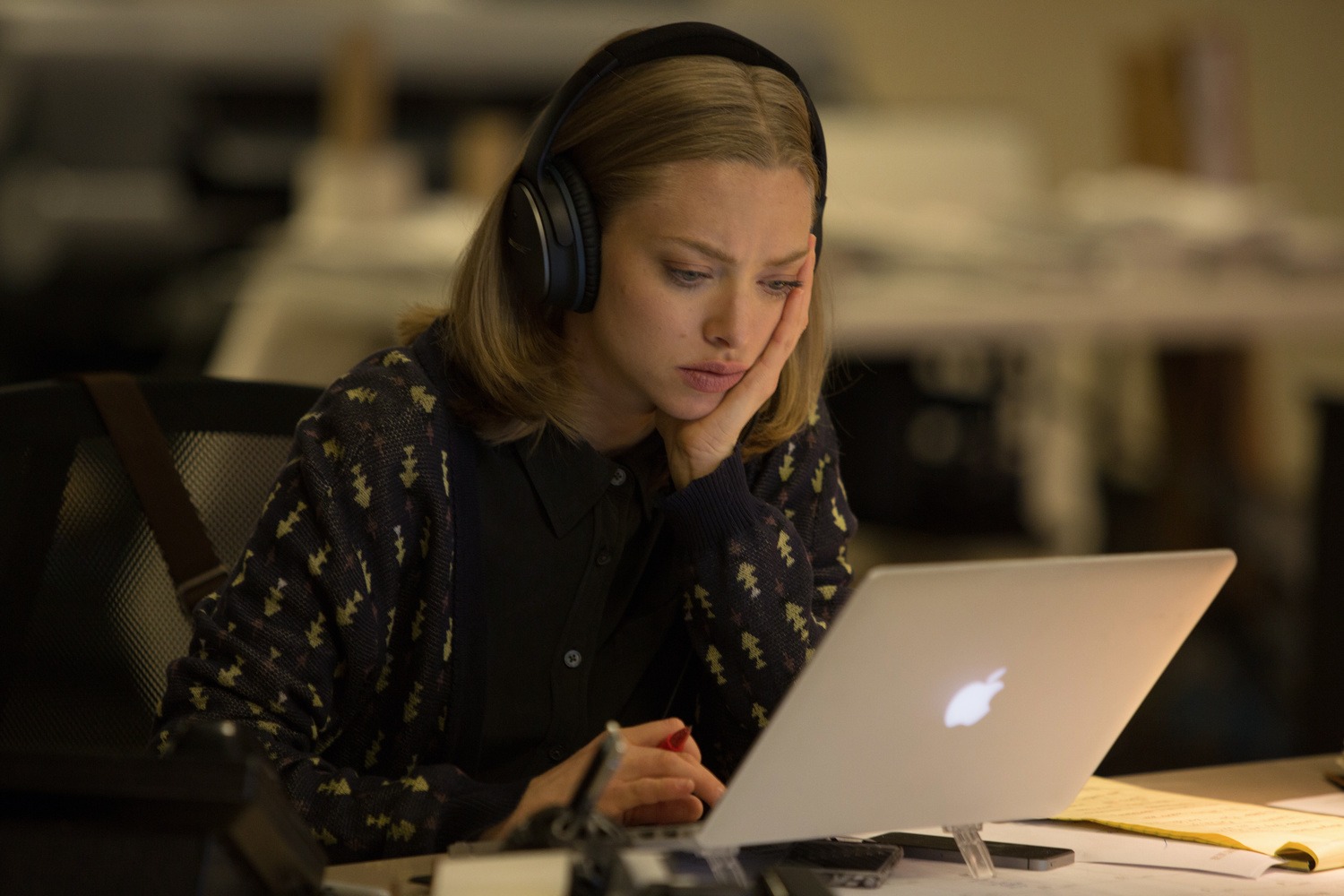Reducing the use of social networks makes you feel better about yourself and science says so. If many of us intuitively see that social networks can affect our morale and self-esteem, the phenomenon must be the subject of large-scale global studies to be scientifically validated. For several years, therefore, researchers have been trying to demonstrate the harmful effects of platforms on young people.
Does reducing time spent on social media lower body dissatisfaction among young people?
A new study published on Thursday, March 3 by theAmerican Psychological Association this time it establishes the link between self-image and social networks. Explore avenues that may just reduce self-image issues related to social networking. Led by Helen Thai, a psychology doctoral candidate at McGill University, this study followed 250 students aged 17 to 25 who had previously experienced anxiety or depressive disorders. For three weeks, half of these young people had to limit their consumption of social networks to one hour a day, while the other half continued their usual use, i.e. three hours a day on average.
Before starting the experiment and at the end of it, the participants had to fill out a questionnaire to evaluate how they perceived themselves. They had to assign a score between 1 and 5 to different statements such as: “ I am satisfied with my appearance ” AND ” My weight satisfies me “, 1 meaning” I don’t agree at all » with the proposal and 5 “totally agree “. The mean overall score of the group that reduced screen time increased from 2.95 to 3.15, a significant improvement given the short duration of the experiment. The non-restricted group observes the same mean scores at the beginning and at the end of the search.
Helen Thai indicates in the report that these findings are preliminary: the duration of the study does not allow determining the long-term effects of this partial disconnection, or even if students could force themselves into it ad vitam, even if this goal of an hour a day seems achievable. Furthermore, it was a study conducted among volunteers who were completely willing to submit to the imperatives of the study. In general, a single study is not sufficient to draw definitive conclusions, but these results are encouraging.
Reduce time in front of the screen: simple but effective gestures
If over time further research will be added to the studies already carried out and will allow us to fully understand the impact of social networks, certain practices cannot do us any harm. The platform of the OPB television channel, which broadcasts this study, also gives us some advice to better detach from social networks and reduce related anxiety.
- Unsubscribe without complexes and follow only the content that makes us feel good. Regardless of the intention of the account, if it arouses negative feelings, do not hesitate to unsubscribe. The algorithms suggest sexy and injunctive content by default, as that’s what works best. Fortunately, they can be circumvented by restricting access to accounts that cause dissatisfaction via the option mute OR don’t follow. Actively favoring accounts that share our values also allows us to influence the nature of the suggested content, which automatically adapts to the centers of interest identified by the algorithm.
- Put away his phone. This advice seems obvious, if only the consultation of the smartphone hadn’t become automatic. To limit temptations, we recommend disabling notifications. To become aware of one’s consumption (and get out of denial), it is also possible to keep track of the number of hours dedicated to the platforms thanks to free and pre-registered tools in most devices.
- Use your application time differently. Finally, you can schedule one day of digital disconnection per week and take the opportunity to engage in “real life” activities. Take care of yourself, see friends, rest, get physically involved in the causes we defend online, there’s no shortage of ideas.
Many small simple and very obvious gestures that we forget to teach our teenagers and to apply for ourselves.
Source: Madmoizelle
Mary Crossley is an author at “The Fashion Vibes”. She is a seasoned journalist who is dedicated to delivering the latest news to her readers. With a keen sense of what’s important, Mary covers a wide range of topics, from politics to lifestyle and everything in between.





